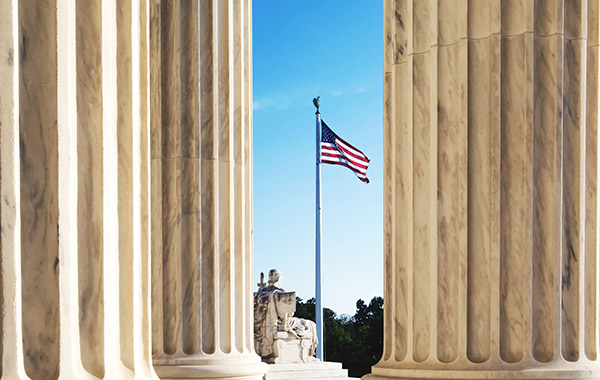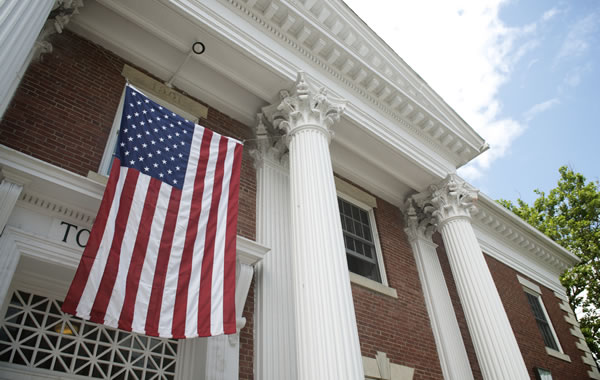Government Contracting Database
Discussions With Offerors
Agencies are required to conduct meaningful discussions with all competitive range offerors. Matter of: Equa Sols., Inc., B-409848.2 (Nov. 20, 2014) (citing Stone & Webster Eng’g. Corp., B-255286.2, 94-1 CPD ¶ 306 at 10-11). In order for discussions to be meaningful, contracting officials must advise offerors of deficiencies in their proposals and afford offerors an opportunity to revise their proposals to satisfy the government’s requirements. Id.; FAR 15.610(c)(2), (5). This does not mean that offerors are entitled to all-encompassing discussions. Agencies are only required to lead offerors into areas of their proposals that require amplification. Caldwell Consulting Assocs., B-242767, B-242767.2, 91-1 CPD ¶ 530 at 10.
To initiate meaningful discussions, an agency is required to point out weaknesses or deficiencies in a proposal as specifically as practical considerations permit so that the agency leads the offeror into areas of its proposal which require amplification or correction. Orca Northwest Real Estate Services v. U.S., 65 Fed.Cl. 1 (2005); Prof’l Servs. Group, Inc., 97-1 Comp. Gen. ¶ 54 (1996). “Discussions cannot be meaningful if an offeror is not advised of the weaknesses, deficiencies, or excesses that must be addressed in order for the offeror to be in line for the award.” CitiWest Props., Inc., 98-1 Comp. Gen. ¶ 3 (1997). An agency, however, need not identify “each and every item that could be raised as to improve [a] proposal,” KBM Group, Inc., 99-1 Comp. Gen. ¶ 118 (1999)–just “those areas of weakness which could have a competitive impact.” Bionetics Corp., 99-1 Comp. Gen. ¶ 7 (1998). Nor is an agency obligated to continually discuss a proposal’s shortcoming until the offeror hits on the revision that responds to the agency’s concerns– initial notice is sufficient. See, e.g., USFilter Operating Servs., Inc., 2004 Comp. Gen. ¶ 64 (2004); Mech. Equip. Co, Inc., 2004 Comp. Gen. ¶ 192 (2003). The substance of the requirement is that the protestor should be given at least one meaningful opportunity to respond to significant weaknesses.
Although an agency must advise a competitive range offeror of weaknesses, excesses, or deficiencies in its proposal, correction of which would be necessary for the offeror to have a reasonable chance of being selected for award, an agency has no obligation to tell an offeror that its price is high, relative to other offerors, unless the government believes the price is unreasonable. State Management Servs., Inc.; Madison Servs., Inc., B-255528.6 et al., 95-1 CPD ¶ 25 at 5-6; Marwais Steel Co., B-254242.2, B-254242.3, 94-1 CPD ¶ 291 at 6.
Updated: June 22, 2018
Looking for additional government contracting resources?
Search Our Database





























